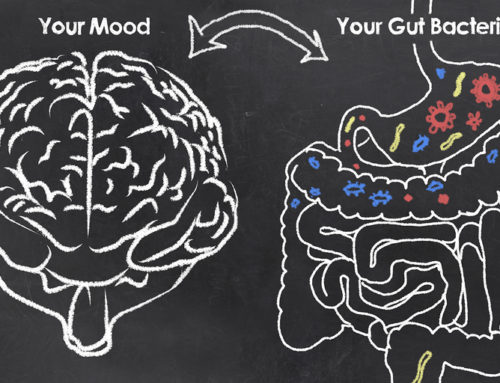Think of the times that you’ve have the most difficulty with controlling your diet. If you’re like the average American, many of these were likely during times of stress. Prolonged periods of stress can have quite a negative impact on our health in general. It can lead to slowed healing of wounds, a reduced metabolic rate that slows down calorie burning, along with higher levels of the hormones cortisol and insulin that increase appetite. In the long run, chronic stress has also been linked to an increased risk of chronic diseases such as cardiovascular disease, type 2 diabetes, arthritis, and some cancers.
When we are working towards a weight loss goal, the importance of watching our diet and activity levels are well understood. But how many of us think about how our stress levels may be impacting our goals? Recent research indicates that we probably should. A group of women were split into 2 groups, one received very heart healthy meals, and the other received meals high in saturated fats. During days of higher stress levels, the women who consumed the heart healthy meals showed similarly high levels of inflammation as those on the less healthy diet.
So, what can we do differently to prevent our daily stressors from working against our weight loss goals? Because the likelihood of avoiding situations that cause us stress is impractical, it’s important to also practice stress management in our daily lives. Some effective strategies include leaning on close personal relationships, regular exercise, engaging in practices like mindfulness meditation, and even simply doing nice things for others. Fitness classes like Yoga, available on the portal, can be very effective as they also have a meditative component. Next time you find yourself craving comfort foods during a tedious day, try giving a good friend a call, going for a quick walk around the block, or taking five minutes to practice mindfulness instead. The scale, and your body will thank you!





